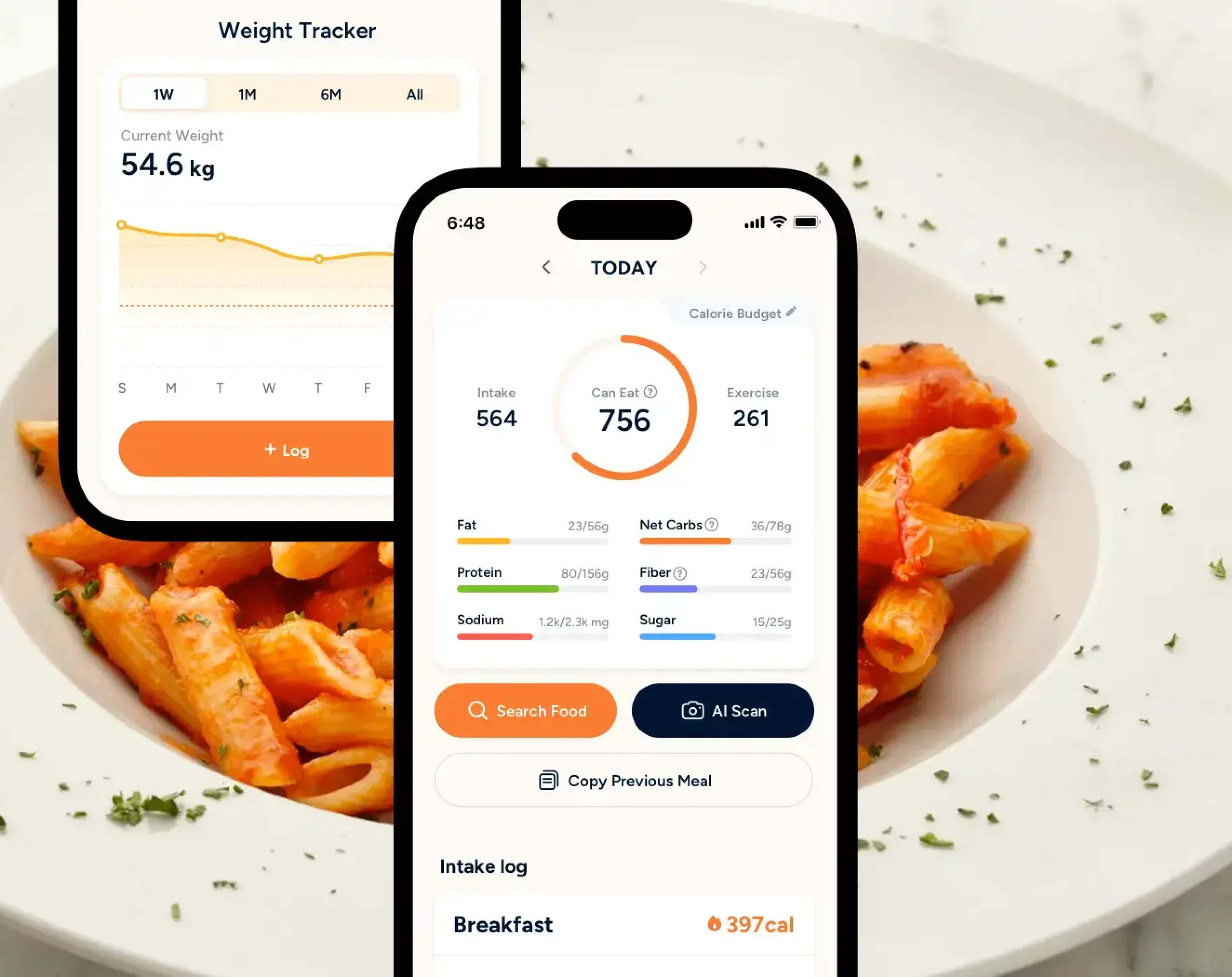Our relationship with food can be complex. On bad days, some of us may seek comfort by indulging in our favorite foods. In those moments, there’s also a chance of eating way more than anticipated. However, this is considered normal. For those with binge eating disorder, it’s overeating daily and not being able to stop, even though you’re already at full capacity.
After a binge session, a sense of guilt and anxiety often follow. It’s not about being hungry or lacking willpower; it’s a condition that affects your sense of control and can impact just about anyone.
Key Takeaways
- Binge eating disorder causes repeated, uncontrollable overeating followed by guilt, anxiety, and loss of self-control.
- Binge eating disorder is a common eating disorder affecting millions, triggered by stress, poor mental health, or family history.
- Treatment includes psychotherapy like CBT and, in severe adult cases, medication such as Vyvanse.
- Recovery focuses on mindful eating, emotional regulation, and rebuilding a positive, healthy relationship with food.
What Are Eating Disorders?
Eating disorders are defined as behavioral conditions in which eating behaviors are severely disturbed. It can lead to a hyperfixation on restricting food intake, your body shape, and weight loss.
Statistics show that 9% of the U.S. population will have an eating disorder in their lifetime, and over 22% of children and adolescents worldwide have a form of disordered eating[1],[2].
Types of eating disorders
According to the American Psychiatric Association, there are a few common types of eating disorders, which include[3]:
- Anorexia nervosa
- Bulimia nervosa
- Binge eating disorder
- Avoidant restrictive food intake disorder
- Pica
- Rumination disorder
What is Binge Eating Disorder?

Binge eating disorder is referred to as a condition in which you are unable to control what and how much you are eating. It’s one of the most common eating disorder and usually involves eating a large amount of food despite being physically full and spending every day for at least 3 months.
Shortly after a binge eating episode, the individual may experience guilt, anxiety, embarrassment, or shame. They may also try to hide their binge eating problems from close friends and family due to these feelings.
What Triggers Binge Eating
It is not known what exactly causes or triggers binge eating[4]. It’s suggested to be a combination of a few things, such as a family history of eating disorders, stress, unhealthy diet practices, and poor mental health.
Women are also more susceptible to binge eating disorder as compared to men. That being said, anyone can have a binge eating disorder, no matter age or gender. It’s just that certain factors may increase your risk of having one.
How is binge eating disorder diagnosed?
To properly diagnose binge eating disorder, your healthcare provider may recommend that you undergo a mental health evaluation to analyze your eating habits, current thoughts, and feelings.
Your condition will be tested using the Diagnostic and Statistical Manual of Mental Disorders (DSM-5) test to see if you fit any of the characteristics.
The main criteria for diagnosing include:
- Eating an excessively large quantity of food than what normal people would under a short timeframe.
- Feeling a lack of control over eating behavior
- Binge eating episodes happen frequently and persist (at least once a week for 3 months).
- Continuous eating despite physical discomfort and/or emotional distress
If you suspect that you may have a binge eating disorder based on these criteria, you are strongly advised to speak to your healthcare provider and get a proper assessment done.
Signs and Symptoms of Binge Eating

Those with binge eating disorder tend not to feel satisfied with their physical appearance, even if the scale shows that they are of an acceptable weight.
Generally, binge eating disorders signs and symptoms vary, but may include:
- Feeling like once you start, you can’t stop eating
- Eating a large amount of food within a few hours
- Eating very fast during binge episodes
- Stuffing your face despite feeling full and a lack of room
- Having large quantities of food despite not being hungry
- Eating alone or in secret
- Feeling disgusted, shame, and anger after binge eating
Binge Eating Disorder Treatment Options
The main objective of getting treated for binge eating disorder is for you to learn how to cultivate healthy eating habits and adapt to them. Getting treated will also help you to address the negative emotions that come with it, like shame, embarrassment, and guilt.
The treatment plans for binge eating disorder are determined by a team of specialists, including doctors and mental health professionals. Treatment could be in the form of psychotherapy or medications.
Psychotherapy
Psychotherapy, also known as talk therapy, is used to help you identify troubling emotions or behavior associated with eating and make subsequent changes[5].
Cognitive behavioral therapy (CBT) is a common approach used to help someone be more aware of their thoughts on food and eating, question and understand how it may lead to unhealthy behaviors. Once understood, the final step would be to work on changing these behaviors.
Other forms of talk therapy include integrative cognitive-affective therapy (ICAT) and dialectical behavior therapy[6]. Integrative cognitive-affective therapy (ICAT) aims to help you change emotions and behaviors that may trigger binge eating, while dialectical behavior therapy teaches you the behavioral skills needed to manage stress, emotions, and improve your relationship with others.
Medications

Besides psychotherapy, there is also Lisdexamfetamine dimesylate (Vyvanse)[7]. While this medication is indicated for treating attention-deficit hyperactivity disorder (ADHD), it has also been approved in the U.S. for treating moderate to severe binge eating disorder in adults.
It’s important to note that this medication can be habit-forming due to its stimulant effect, so adult patients must strictly follow the proper dosage and guidelines given to them. In addition, patients will need to be assessed for cardiac disease before starting on the medication, as it may cause an increase in blood pressure.
The Final Takeaway
Binge eating disorder is a serious condition that can affect your quality of life. Constant overeating can cause rapid weight gain, which leads to a series of elevated health risks, and it can also cause mental health problems in the form of self-loathing and poor self-esteem. If you feel that you are at risk of binge eating, consider seeking help and support from healthcare professionals or support groups to help you make the first step towards recovery.
During your recovery journey, it’s important to focus on developing healthier eating habits and cultivating a positive relationship with food. The Eato app can support you along the way by helping you track your meals mindfully, build balanced routines, and stay aware of your triggers with zero judgment. Try Eato free for 7 days and start taking a more intentional approach towards eating!

Smarter Nutrition Tracking
Track calories and over 100 other nutrients all in one place.
Download Eato For Free



